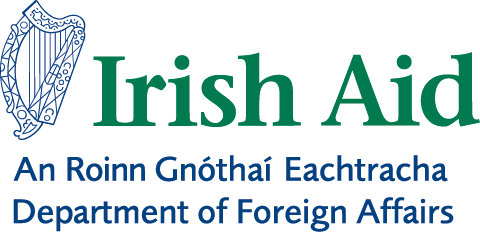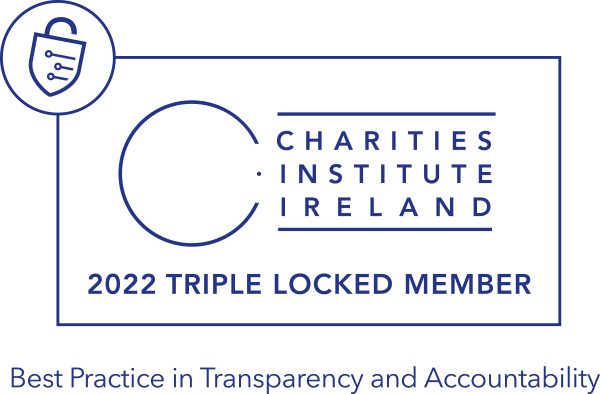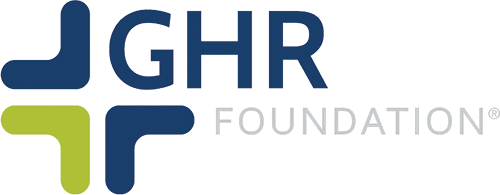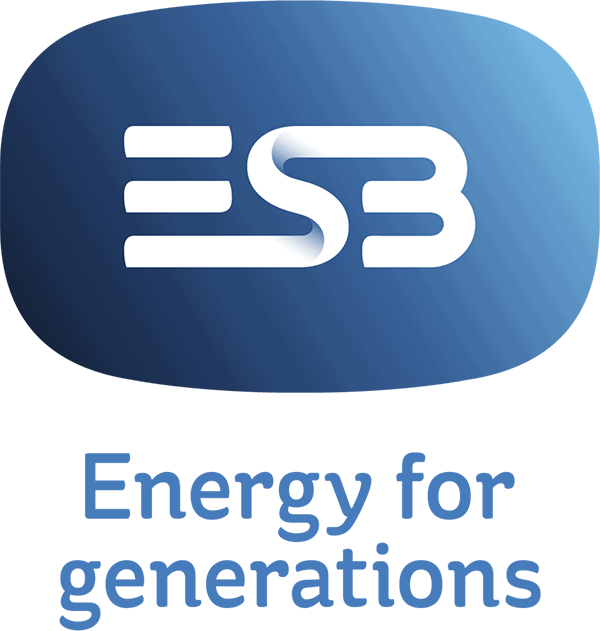Total Education Spending
€4,789,589
€1,089,918
Primary Education
€1,403,332
Non-formal/
Alternative Education
€778,979
Technical, Vocational
Education and Training
€812,369
Secondary Education
€819,991
Early Childhood
Care and Education
In 2022, Misean Cara supported 89 education projects implemented by 39 members in 31 countries, targeting 146,670 people
Access to quality, inclusive and equitable education is critical for empowering people in developing countries – especially girls --to achieve a better quality of life. Missionaries are dedicated to reaching those furthest behind with life-long learning opportunities through formal and non-formal education and vocational and skills training. Our members’ projects make education accessible even for those most of at risk of being excluded, including students with disabilities and additional needs, refugees, migrants, internally displaced children, and girls at risk of dropping out due to early pregnancy or forced marriage.
In 2022, our members continued to address the effects of the COVID-19 pandemic on education. Millions of students from poorer and more marginalised communities did not return to school after pandemic lockdowns, a circumstance set to further increase inequality in educational opportunity and threaten future earning potential. Misean Cara’s members are also working to improve the quality of education students receive, by training new teachers and upskilling current educators with more effective pedagogical methods. Focused IT training is helping to reduce the digital skills gap that is holding back educational progress in many countries, particularly for women and girls, who are 25% less likely than males to know how to use basic digital technology.
Another significant challenge that our members addressed through their projects in 2022 is the increasing number of people affected by forced displacement, caused by many factors including climate-induced disasters and armed conflict. In 2022 alone, forced displacement reached a record high of 100 million people, over half of whom are children and young people.
With support from Misean Cara, our members projects are contributing widely to meeting SDG 4 (Quality Education) by promoting quality, inclusive education and life-long learning for all.
Saint Patrick’s Missionary Society, Mzuzu, Malawi
143 girls re-enrolled in school following pregnancy and early marriage.
Religious Sisters of Jesus and Mary, Jean Rabel Region, Haiti
IT literacy and skills training to 800 highly vulnerable students.
IMPACT*
104,351
people accessed quality education (96% of those targeted)
Less than 1%
of students in Misean Cara-funded education projects were reported to have dropped out, compared with 2018 UNESCO data citing dropout rates of 20% for sub-Saharan Africa.
2,907
contributions to the strengthening of educational systems at local, regional or national levels, including in-service teacher training, infrastructural developments, and contributing to national level research.
*These figures represent a subset of results reported by our members in 2022 using funding allocated in 2021.

Improving education outcomes for vulnerable children and youth in Mozambique
Misean Cara member
De La Salle Brothers
Country
Mozambique
The United Nations Development Programme Human Development Index for 2021 ranks Mozambique at 185th out of 191 countries in terms of quality of life for its citizens.* More than 60 percent of the population lives below the poverty line, and education levels, especially amongst girls and women, are chronically low.
The De La Salle Brothers are working to help vulnerable children and young people in the city of Beira retain more of what they learn at school and augment their education by providing free after-school education programmes through the La Salle Educational and Welfare Centre (Centro Educacional Assistencial Social La Salle, or CEALS).
Each year, 1,000 students, half of them girls, are supported by CEALS, which offers a safe learning space and academic programmes to fill in the educational gaps experienced by some of Beira’s most disadvantaged children and adolescents. Outreach into the surrounding neighbourhoods identifies students who most stand to benefit from the project, using selection criteria such as family size and parents’ income and literacy levels.
Funding from Misean Cara has helped in the construction of seven new classrooms, a library and toilet facilities, and in the development of programmes to enhance and promote child protection measures and skills training for the 30 volunteers that teach and provide counselling at the CEALS centre. To reduce the learning loss experienced during traditional breaks in the school calendar, CEALS volunteers work 12 months a year with the students.
The CEALS programme also uses Misean Cara support to provide sport and cultural activities that boost development of life and social skills, and a daily nutritional programme to address chronic hunger and malnutrition amongst the children.
*2021 UNDP Human Development Report
For further information about our work or to comment on this report, please contact:
Misean Cara
4th Floor, Callaghan House,
13-16 Dame Street, Dublin 2,
D02 HX67, Ireland
Tel: +353 (0) 1 405 5028
Email: info@miseancara.ie
Facebook: /MiseanCaraIreland
Twitter: @miseancara
©2023 Misean Cara

Misean Cara gratefully acknowledges the funding support of Irish Aid.

Misean Cara has signed the Dóchas Code of Conduct on Images and Messages for Non-Governmental Development Organisations.

Misean Cara has achieved the triple-lock standard of good governance & reporting standards.

Misean Cara gratefully acknowledges the funding support of GHR Foundation.

Misean Cara gratefully acknowledges the funding support of ESB Electric Aid.

Misean Cara gratefully acknowledges the funding support of Americares.
